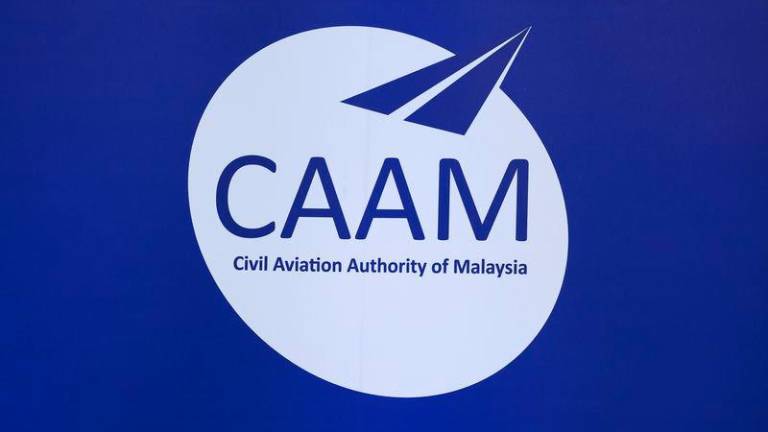KUALA LUMPUR: Inflation is estimated to be lower at -0.5% in January 2019, from +0.2% in December 2018, amid deflationary pressures from the transport fuel component, according to RAM Ratings.
The average price of RON95 petrol was markedly lower (-13.1% year-on-year) at RM1.98/litre in January, following the switch to the weekly fuel price mechanism based on the Automatic Price Mechanism (APM).
The new regime has led to a more direct and immediate transfer of actual global oil prices to end-consumers.
Looking ahead, headline inflation is projected to accelerate to 2.0% this year, mainly driven by expectation of continued spillover effects from the reintroduction of the Sales and Service Tax and low-base effects during the three-month window without the Goods and Services Tax (June-August 2018).
The impact is envisaged to be particularly pronounced for the food component, and will be the key driver of overall inflation in 2019.
The transport component is unlikely to repeat the impact it had last year, contributing to 1.7 percentage points of the overall 2.8 percentage point year-on-year decline in 2018’s headline inflation.
RAM head of research Kristina Fong (pix) said inflationary pressure from the transport component are still expected to be relatively muted this year against generally softer global oil prices.
“Even so, there may be some slight upward price pressure in 2H2019 following the switch to targeted fuel subsidies,“Fong said in a statement.
It expects Brent crude prices to average US$60-US$65 per barrel this year, compared to US$71 per barrel in 2018.
“Looking ahead, we anticipate Bank Negara Malaysia to maintain the overnight policy rate at 3.25% in 2019, given the need to balance between capital outflow pressures and growth support.”
She said although headline inflation is envisaged to accelerate this year, the pace of increase will still be rather nondescript as a trigger point, relative to the downside risks to growth from ongoing fiscal consolidation, volatile capital markets, US-China trade tensions and Brexit uncertainties.










